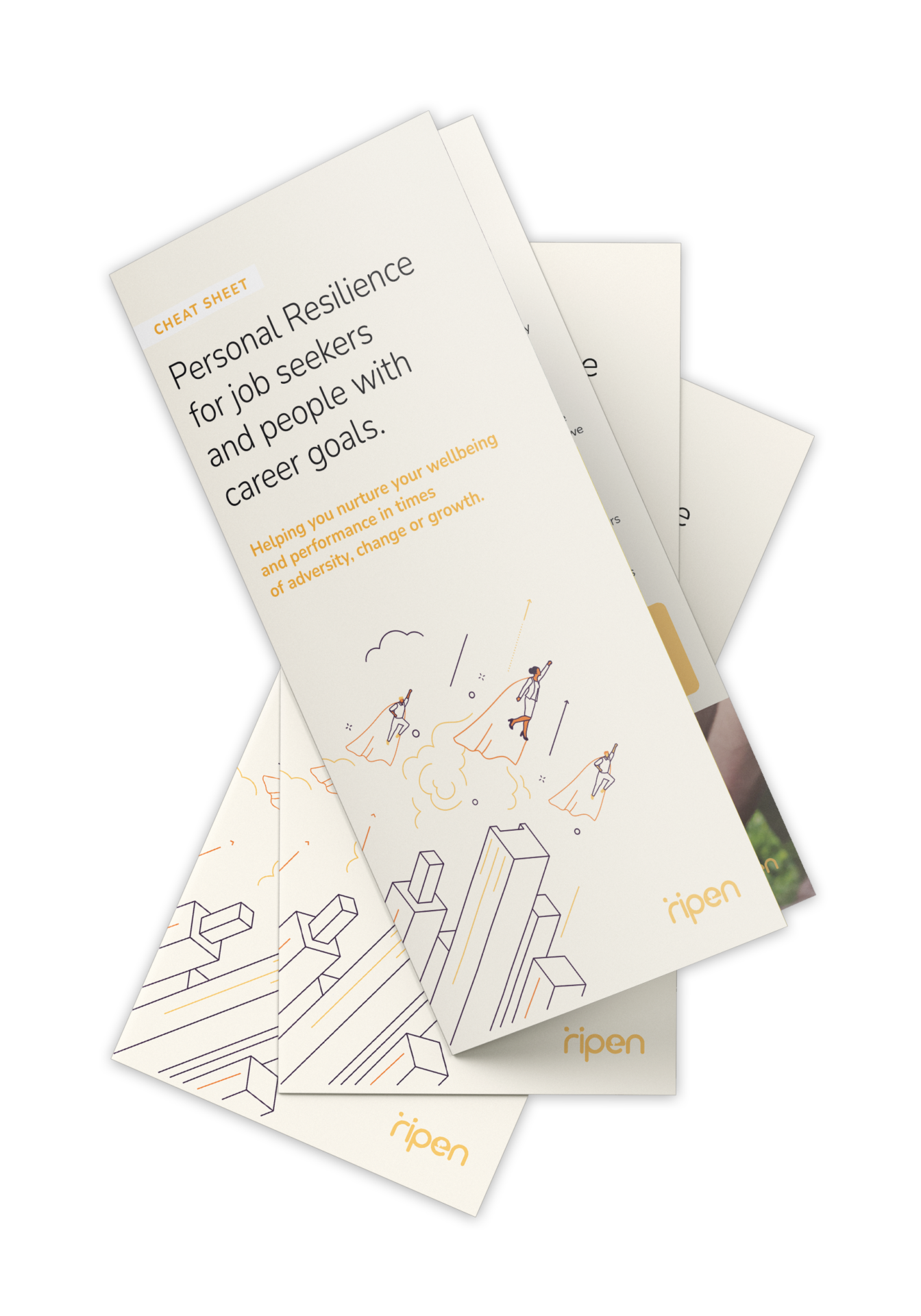Of course the question then arises – can I change my mindset? If you believe no, then this is another example of a Fixed mindset. However, Carol Dweck’s research shows that absolutely we can change our mindset. “Mindsets are just beliefs,” Dweck explains. “They’re powerful beliefs, but they’re just something in your mind, and you can change your mind.” It’s one thing to have experts spouting their opinions about scientific issues. It’s another thing to understand how these views apply to you.
How to Build a Growth Mindset
Think of your brain as a muscle. Muscles need to be nurtured and if you want them to grow, you need to work them and pay attention to them. This is how you develop a growth mindset – train your brain muscle! It’s your daily actions that will change what you believe about yourself and the person you become. It’s about setting a schedule, showing up, and sticking to it. It’s about focusing on building the right identity rather than worrying about getting the right result.
Here are four effective ways to train or focus your mind towards a growth mindset, and move away from a fixed mindset:
1. Be Willing…
Since these are your thoughts, you can change them. This is the essence of personal power: choice and responsibility. As Victor Frankl wrote in his book Man’s Search for Meaning, “Everything can be taken away from a person but one thing – the last of the human freedoms, to choose one’s attitude in any given set of circumstances; to choose one’s own way.” Be willing to change. Be bold. Be willing to make choices. Be willing to take the challenge.
2. Feed the Mindset you want…
The fastest way to change your mindset is to feed the one you want to create. Scientists find that every time you feed a positive mindset, it weakens the negative ones. Professional athletes and top sports people have known this for years. They focus just as much time on their psychological state as their physical, usually with their own mindset coaches and strategies to feed the right mindset for performing at their best.
3. Embrace the change…
You need to have passion for the new mindset you want to create. This creates endorphins in your body that are essential for change. Research has found that endorphins are largely responsible for how you learn, change and retain muscle memory. They give a person heart and meaning and the enthusiasm for change.
4. Hear & challenge your inner voice…
Learn to hear your voice. What are you telling yourself? What beliefs do you have? Start to recognise that you have a choice. Sometimes it helps to write it down so you can more easily identify what it is and then assess the alternatives. Reframe your fixed beliefs with some Growth Mindset statements. Here’s list of questions to help you adopt a growth mindset:
- What can I learn from this?
- What steps can I take to help me succeed?
- Do I know the outcome or goal I’m after?
- What information can I gather? And from where?
- Where can I get constructive feedback?
- If I had a plan to be successful at [blank], what might it look like?
- When will I follow through on my plan?
- Where will I follow through on my plan?
- How will I follow through on my plan?
- What did I learn today?
- What mistake did I make that taught me something?
- Is my current learning strategy working? If not, how can I change it?
- What did I try hard at today?
- What habits must I develop to continue the gains I’ve achieved?

